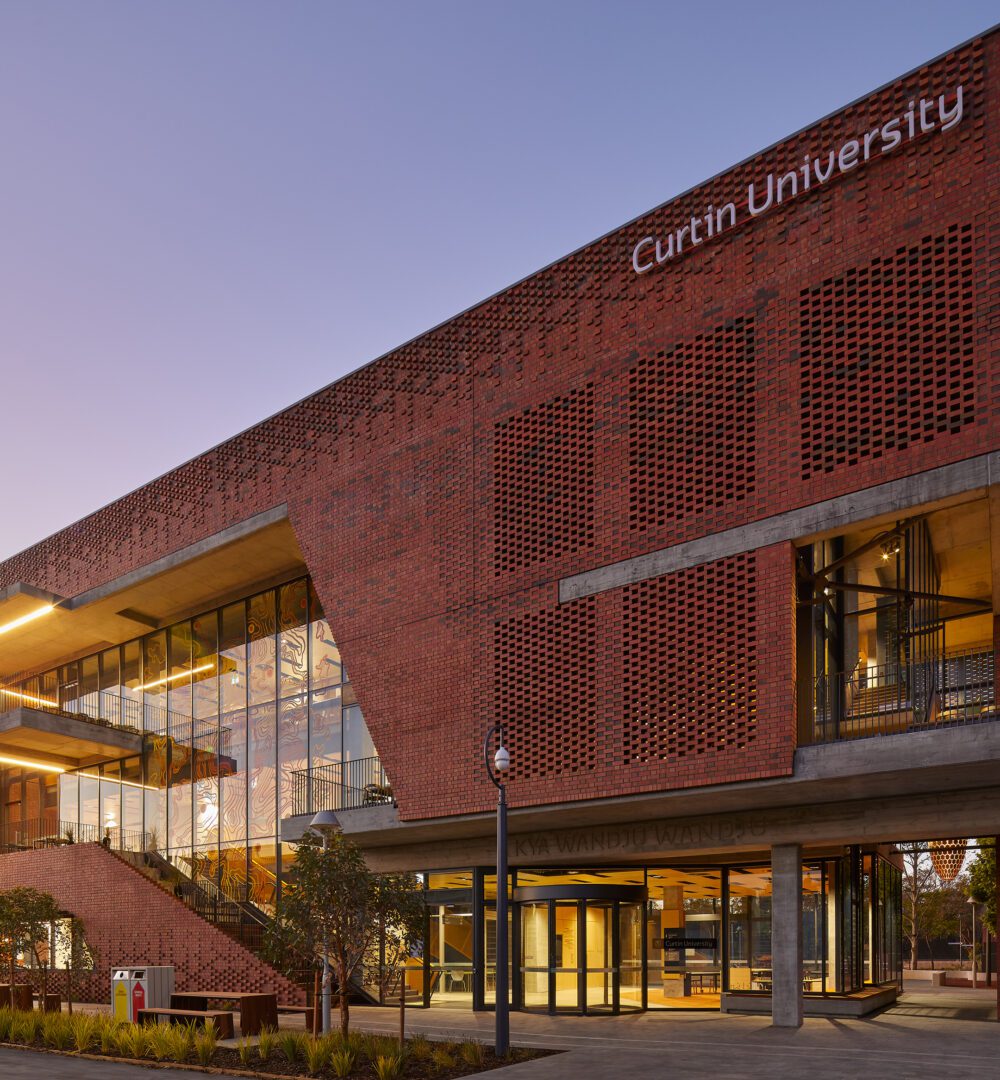Curtin researchers map genetic signature of precursor to liver cancer

Researchers at Curtin University have identified the genetic signature of pre-malignant liver cells, offering potentially significant implications for the almost 3,000 Australians diagnosed with the deadly cancer each year.
The study, published in the prestigious journal Cell Genomics, found that quantifying pre-malignant liver cells in patients with liver disease could help determine their future risk of developing liver cancer.
First author Dr Rodrigo Carlessi, from the Curtin Medical School and the Curtin Health Innovation Research Institute, said the discovery had the potential to save lives by changing how chronic liver disease patients are staged and monitored based on their cancer risk.
“The research used cutting-edge technology to identify the molecular fingerprint of thousands of genes, one cell at a time,” Dr Carlessi said.
“During this process, we discovered the genetic signature and its diagnostic value, which was subsequently confirmed in several hundred individual patient liver samples.
“This finding is significant because it gives us a vital piece of the puzzle that could pave the way for a new diagnostic test for liver cancer, which causes 10 per cent of all cancer-related deaths in Australia.”
Lead author Professor Nina Tirnitz-Parker, also from the Curtin Medical School and the Curtin Health Innovation Research Institute, said liver cancer was often diagnosed late in Australians.
“Due to a lack of readily available and accurate laboratory tests or biomarkers, many patients of advanced liver cancer live less than 12 months as treatment options are limited when patients are diagnosed at later stages,” Professor Tirnitz-Parker said.
“A commercially developed test could help clinicians classify a patient’s risk and provide appropriate monitoring schedules for early diagnosis.”
The study involved researchers from various institutions, including the Harry Perkins Institute of Medical Research, Monash University, Edith Cowan University, the University of California, the University of Edinburgh, and the QIMR Berghofer Medical Research Institute. Funding was provided by the Cancer Research Trust, the Cancer Council of Western Australia, and the Gastroenterological Society of Australia.
The full paper, titled ‘Single Nucleus RNA Sequencing of Pre-Malignant Liver Reveals Disease-Associated Hepatocyte State with HCC Prognostic Potential’, can be accessed online here.



